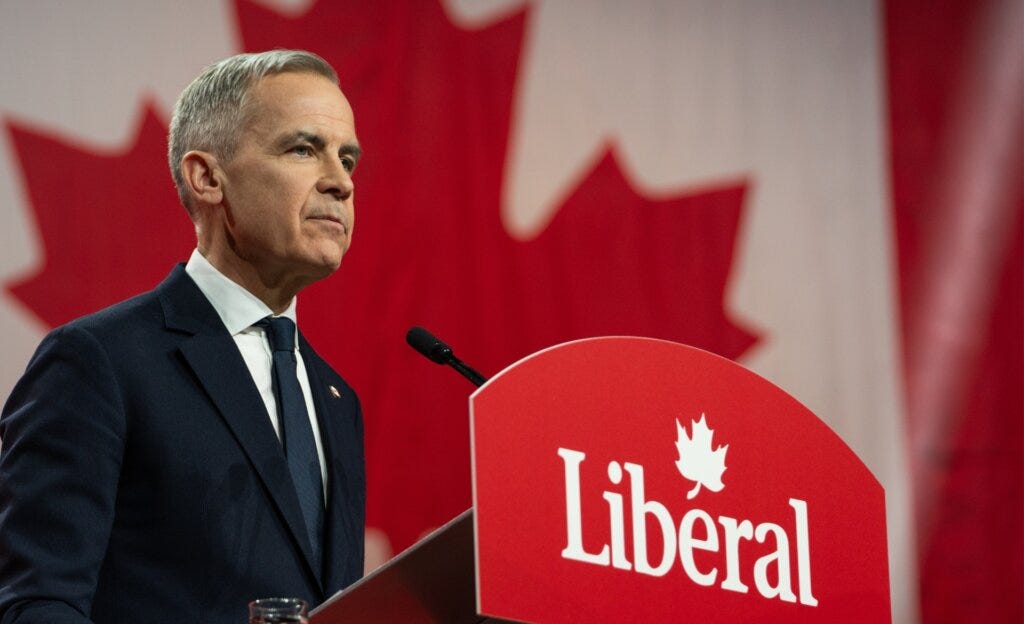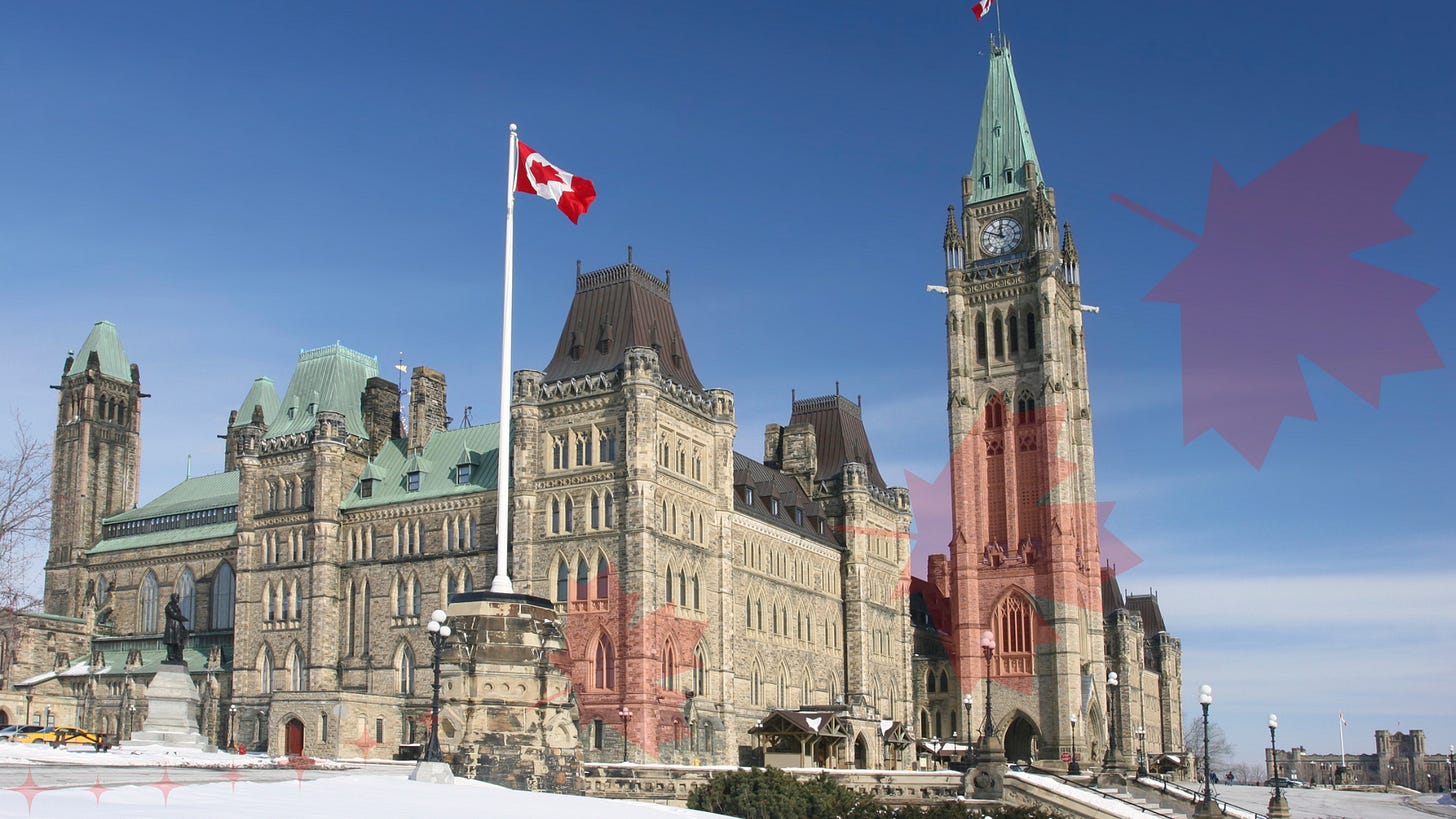Hi friends,
Happy Wednesday, and welcome to the first edition of From the Editor. As things ramp up with The Newcomers, this newsletter is me trying to make sure you all get everything we publish. It’ll go out once a week, Wednesday, between 10 -11am MST.
Some big news. I resigned from my job to fully focus on The Newcomers going forward. You can read the full announcement on LinkedIn. But TL;DR:
I believe deep in my soul that the immigrant story transcends the narrow categorizations we sometimes see used. As Esquire’s Mark Warren puts it, “The Internet is brimming with dehumanizing ad hominem, empty tribal polemics and vitriolic labeling. We are in danger of being destroyed by all of that.”
So without sounding too preachy, I’m hoping The Newcomers media publication can help encourage a different approach. One where the immigrant isn’t seen as a monolith. One where the immigrant story helps us see them as humans and not enemies who’ve come to take our houses and jobs. One that builds bridges and communities.
I’d love to hear what you think of this newsletter. So please hit reply if you have any comments, suggestions, or just wanna chat. I read and reply every email.
Dozie Anyaegbunam, Editor
In Today’s Edition
Marcelo Ribeiro thinks Canada has a lot of potential because of immigrants
What Mark Carney’s win means for Canadian immigration
Q1 2025 Canadian immigration updates
Please forward this to ONE friend today and tell them to subscribe here.
You can find the online version of this newsletter here.Marcelo Ribeiro thinks Canada has so much potential because of immigrants
In this episode, I'm speaking with Marcelo Ribeiro, founder of LovShield, a startup that protects seniors from fraud in real time.
Marcelo initially moved to Canada from Brazil in 2016 to study English. A few months later, he fell in love with the Canadian way of life and decided to move here permanently. The first few years were primarily focused on the going from student permit to work permit to permanent residency.
In 2019, he launched his first Canadian business, a construction firm.
Continue listening ⤵
What Mark Carney’s win means for Canadian immigration
The ballots are in, and Mark Carney is the new Canadian Prime Minister. The Liberal Party winning Canada’s 2025 federal elections means we swapped faces and not parties, but the election result gives Ottawa’s existing 2025-27 Immigration Levels Plan political legitimacy. Rachel Bendayan, Minister of Immigration, and Immigration, Refugees, and Citizenship Canada (IRCC) can begin operationalizing Carney’s campaign pledges into regulatory changes in the coming weeks.
But what did Carney promise?
Carney’s immigration policy aimed to keep permanent resident admissions below 1% of Canada’s population and reduce temporary residents to below 5% by the end of 2027.
These targets will guide most of the Liberals’ immigration policy decisions in the coming years, which include:
Permanent-resident levels: Annual PR intake below 1% of Canada’s population “beyond 2027,” starting with targets of 395,000 (2025), 380,000 (2026), and 365,000 (2027).
Temporary residents: Reduce from 7.2% to under 5% of the population by 2027, maintaining the student-permit cap and stricter temporary foreign workers rules.
Housing: Keep immigration caps until the government expands housing and reabsorbs pandemic-era growth.
Francophone immigration: Raise Francophone intake outside Quebec to 12% by 2029.
Credential recognition: Work with provinces to improve recognition of foreign credentials and experience through a “national credentials passport.”
Family reunification: Cut sponsorship processing to under 12 months; issue temporary visas for spouses/children to live in Canada while waiting.
Asylum & border: Increase legal-aid funding for claimants; faster removals after due process; more CBSA resources and stricter visa screening.
Continue reading ⤵
Q1 2025 Canadian immigration updates
2025 hasn’t exactly been the uppity we saw in 2024 for Canadian immigration. However, 90 days is a while, and a lot of the usual immigration pieces have changed or been shifted around. With a federal election coming in a few weeks, I wouldn’t be surprised if we see more changes in the coming months.
We may see shifts in PR targets, pilot programs, and regional priorities depending on the outcome.
Here’s what’s changed in Canadian immigration the past 90 days
LMIA points removed from Express Entry: On March 25, IRCC officially removed the 50 CRS points granted for arranged employment through LMIAs. This significantly affected CRS scores across the Express Entry pool and has redistributed thousands of profiles to lower bands.
Field of study no longer restricts PGWP eligibility: IRCC has confirmed that all eligible programs from Designated Learning Institutions (DLIs) now qualify for PGWPs — regardless of field of study. This expands access for students in career-oriented, niche, or non-traditional fields.
Bachelor’s degrees from colleges now more clearly PGWP-eligible: Post-secondary institutions offering bachelor’s programs — especially career colleges and polytechnics — now have clearer eligibility pathways for PGWPs, provided the institution is a DLI and the program meets length and academic standards.
Big changes to Express Entry: Category-specific draws have introduced 38 new occupations and removed 31, along with the addition of an entirely new category—Education. This is why I think the Express Entry system is the best immigration system in the world, if it is used to its fullest potential. You can find more details on the added and removed occupations at the end of this piece.
Continue reading ⤵
Thank you for reading. Have a fulfilling day and I hope to see you next week.
Dozie Anyaegbunam, Editor










